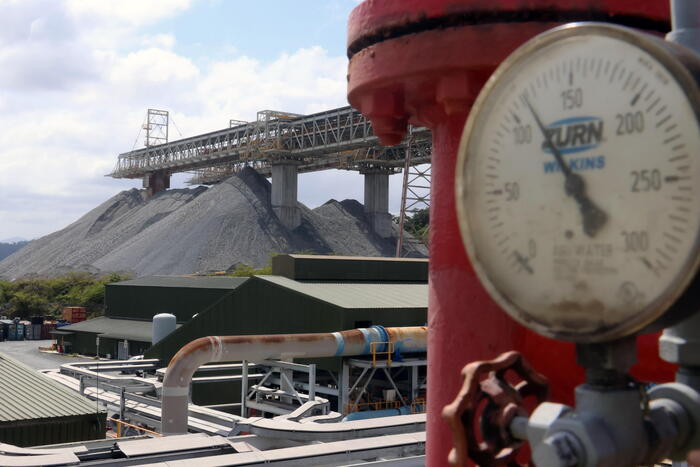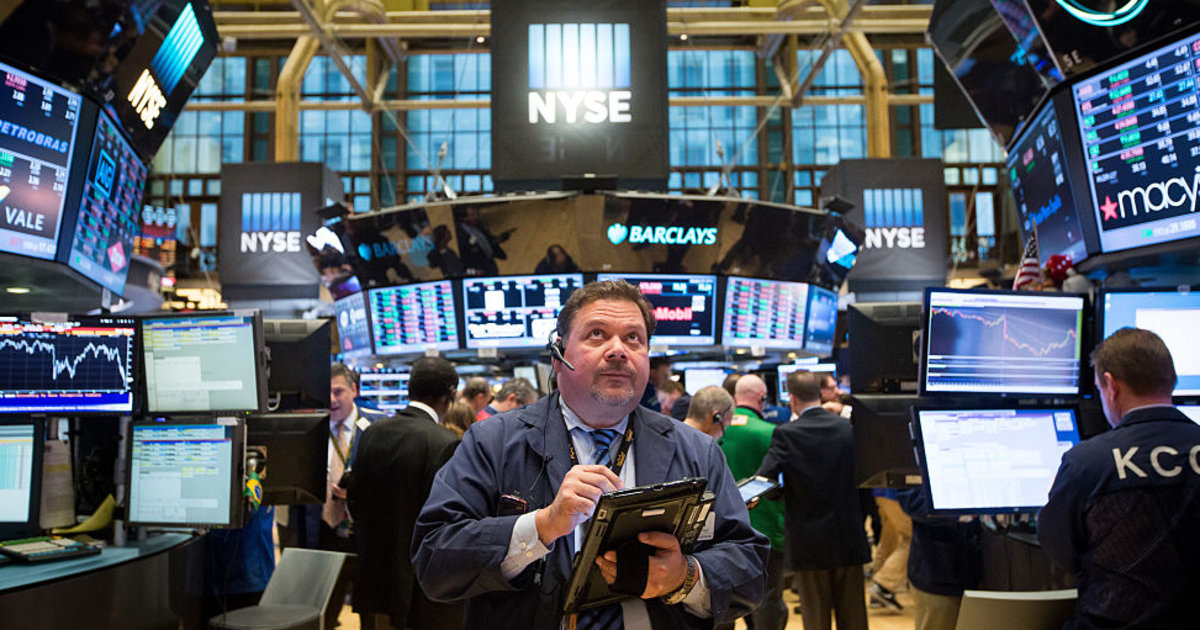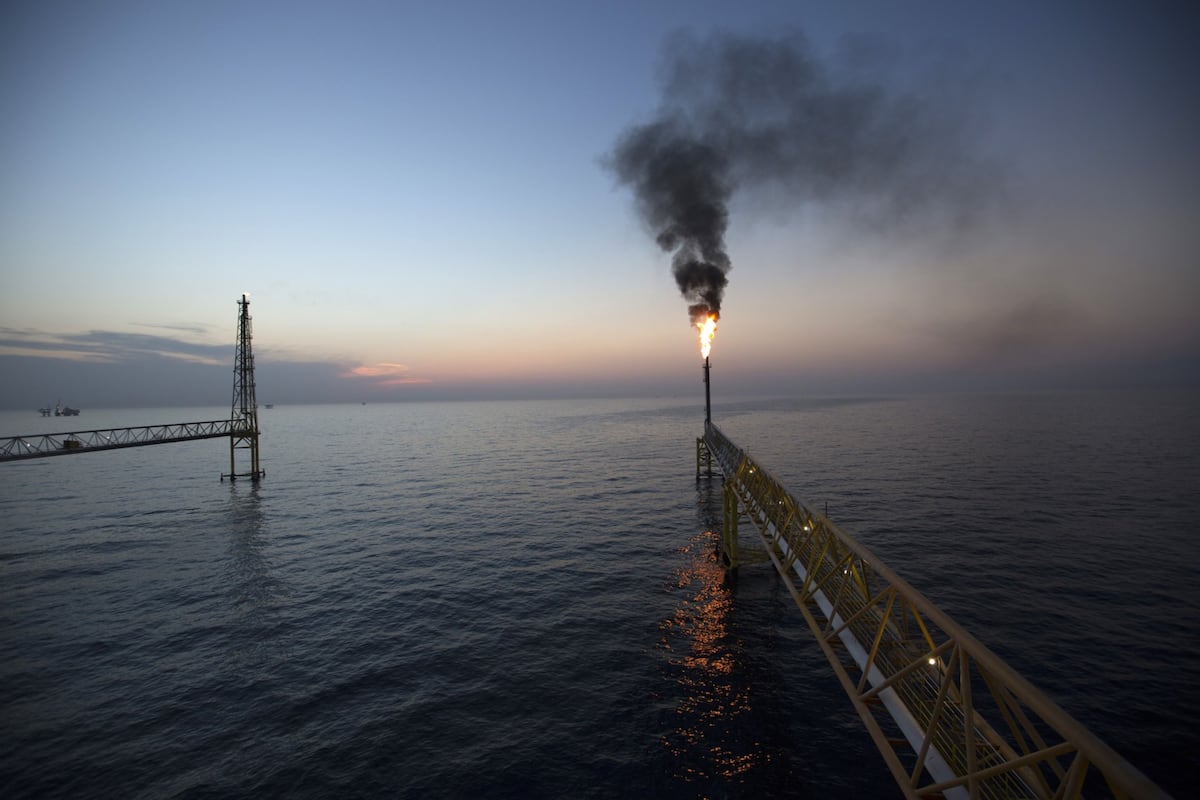For more than 60 years, Asia has shown a progressive participation in the world economy. First was the reconstruction of Japan; then the Asian tigers (South Korea, Hong Kong, Singapore and Taiwan) followed by the countries of Southeast Asia. But it took China with its high growth rates and its presence in foreign trade and investment for Latin America to take note of the changes in the configuration of the international economy.
The literature has provided multiple explanations for Asia's success, including macroeconomic stability, the value of labour, investment incentives, the expansion of international trade, and decisive government support for the private sector.
This confluence of factors allowed the reduction of poverty, the emergence of a middle class and a significant number of world-class companies. Japanese, European and North American companies found in Asia, including China, favorable conditions to produce and increase their profits.
The economy does not have great secrets, but it often depends on the ordering of priorities. In Asia, the priority has been the constant increase in the rate of investment that implies the sacrifice of present consumption for the future.
According to World Bank data, in China the rate of investment in relation to GDP was 33% in 1970 and remained above that level in the following decades. In 1993 it was 43% and from 2003 to the present it was over 40%. The rate in Japan was 44% progressively decreasing to 25% on average in the period 2003/2022. South Korea went from 15% in 1965 to 41% in 1993 to maintain rates that oscillated in the following years between 30 and 35%.
Asian countries embarked on a race to overcome underdevelopment by creating favourable conditions for investment and exports as a way of compensating for the lack of domestic capital. Vietnam would be one of the latest examples. The 1991 Paris Peace Accords ending the occupation of Cambodia accelerated the opening of the economy and the access of its exports to the markets of Europe and the United States.
Latin American countries have lagged behind Asia's growth. ECLAC's Executive Secretary, José Manuel Salazar, pointed out that Latin America and the Caribbean is the region in the world with the worst productivity performance in the last 40 years with a growth rate of the last 10 of only 0.9%, less than half the growth that the region had in the famous lost decade of the '80s.
The lack of perception and the insistence on the same policies prevented the region from implementing reforms to improve investment conditions and increase its insertion in the world economy.
While Asia accelerated the attraction of investments and their inclusion in value chains, the discussion in Latin America focused on the distribution of income to increase consumption based on the same production matrix. The financing of graduate travel in Argentina has a higher valuation than an investment promotion regime to create jobs.
Until there is a change of priorities, Latin America will continue to lose positions in the international arena. In Salazar's words "there are no silver bullets. There's a whole list of things that have to be right: investment climate, infrastructure, education, macroeconomic balances and good governance." These are reasonable criteria, but they are still far from being part of the vocabulary of politics.
Felipe Frydman is an economist and diplomat. Former ambassador to Thailand.









